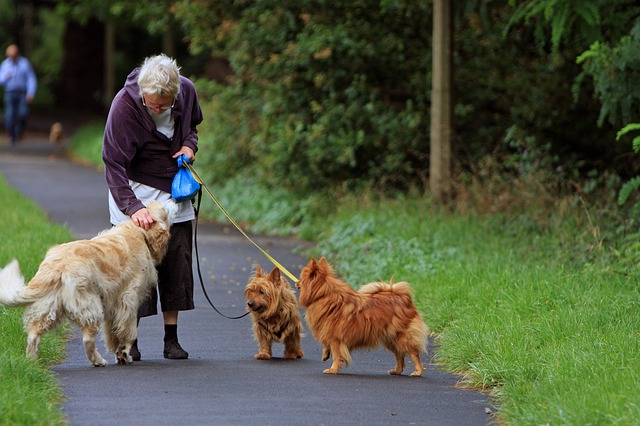Man’s best friends have earned their nickname from the strong bonds they can form with people. Now, a new study suggests that dogs just might have one more trait that makes them a bit closer to humans: most of them seem to prefer praise from their owners instead of food.
Researchers from Emory University in Atlanta studied 15 dogs to get to this conclusion, UPI reports. Gregory Berns, a neuroscientist and the lead author on the study, states in a university news release,
We are trying to understand the basis of the dog-human bond and whether it’s mainly about food, or about the relationship itself.
He says he wanted to see what dogs “really cared about.”
Berns convinced a dozen dog owners in the Atlanta area to let their dogs participate in the study. He chose dogs that would be able to sit still for 30 minutes, meaning gentler, less high-energy canines such as retrievers were involved. While awake, the dogs went through brain imaging to evaluate how they would react to various behavioral experiments conducted by the researchers. 13 dogs completed the study.
Emory Magazine reported that the researchers developed a unique methodology that scans the brains of alert dogs in order to explore their minds.
In the first experiment, the dogs were shown photos of a hairbrush, a toy car, and a toy horse. They were given food following the first object, praise after the second one, and nothing for the third.
Out of all the dogs, 13 showed that their brains were stimulated by the recognition on the same level, if not more, than the food.
The second experiment was to confirm the reaction. This time, a subset of the dogs were not praised. The brain imaging results were very similar. Berns noted that the dogs who reacted strongly to praise the first time appeared more disappointed at not receiving any.
In the third experiment, the dogs were put into a maze and had to choose between finding a bowl of food or getting praise from their owner.
Berns says, “Out of the dogs that completed the study, we found that most of them either preferred praise from their owners over food, or they appeared to like both equally.” He adds that only two of the dogs focused on their food.
The study’s results can be used to tailor dog training, both as pets and as service dogs. They could also help identify which dogs might be best as service animals.
“A dog with high preference for social reward might be best suited for certain therapeutic or assistance jobs,” the research notes. Other dogs who prefer food “might be better suited for tasks that require more independence from humans, like search-and-rescue dogs or hearing-assistance dogs.”
Berns also heads the university’s Dog Project, which looks into the evolution of dogs. One of its prior research showed that dogs respond more to familiar scents of people they know that those of strangers or familiar dogs. Now, the Dog Project is examining how dogs can process and understand human language.
The study was published in the journal Social, Cognitive and Affective Neuroscience.
























